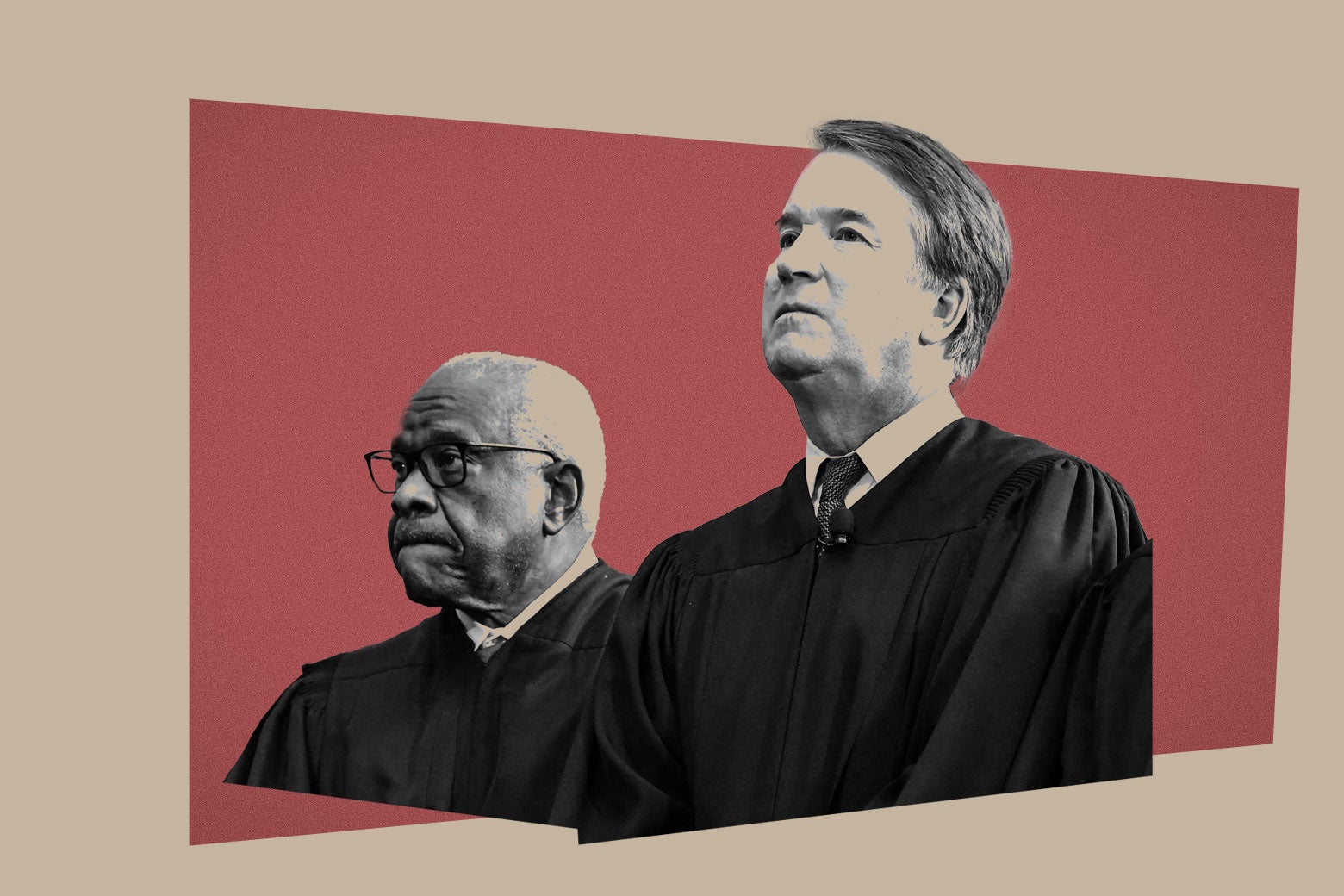
"The unanimous Supreme Court ruling affirms the right of disabled children to reasonable accommodations in public education, highlighting unlawful discrimination by schools."
"Justices Thomas and Kavanaugh's concurrence poses a threat to civil rights law, suggesting unconstitutional leeway for states to discriminate against disabled individuals."
The Supreme Court's ruling marks a critical victory for disabled children, affirming their right to reasonable educational accommodations, thus reinforcing protections against unlawful discrimination in schools. Chief Justice Roberts emphasized that school officials violate the law by denying these accommodations, regardless of intent. However, the positive ruling is tempered by Justices Thomas and Kavanaugh's concurrence, which questions the constitutionality of existing disability laws and advocates for greater state discretion in discrimination cases. This shift raises concerns about the future of civil rights protections for disabled Americans, particularly in education and public life.
Read at Slate Magazine
Unable to calculate read time
Collection
[
|
...
]